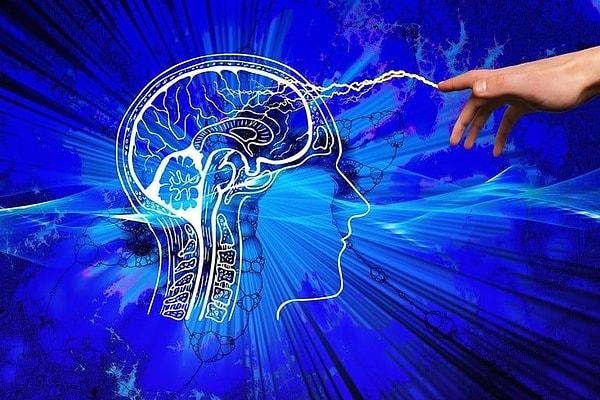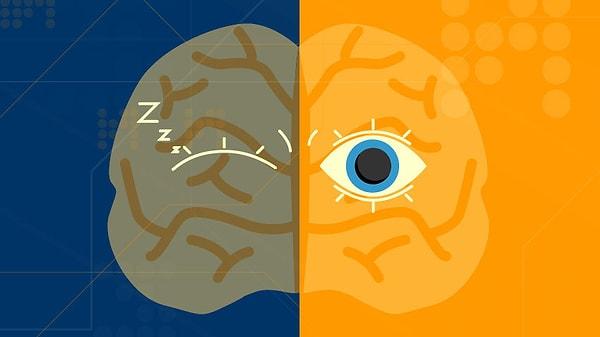Researchers Have Developed A New Theory For Consciousness

Consciousness is best defined as our acknowledgement of both external and internal stimuli. But what does our consciousness really tell us? Scientists have developed a new theory regarding this.
According to a new theory developed by a researcher at Boston University's Chobanian & Avedisian School of Medicine, our decisions are formed unknowingly and become aware about a half-second later. The theory revolves around questions such as why it developed, what it is useful for, which neurological dysfunction influences it, and also why dieting and fighting back other urges is so challenging.
“In a nutshell, our theory is that consciousness developed as a memory system that is used by our unconscious brain to help us flexibly and creatively imagine the future and plan accordingly,” said corresponding author Andrew Budson, MD, professor of neurology. “What is completely new about this theory is that it suggests we don’t perceive the world, make decisions, or perform actions directly. Instead, we do all these things unconsciously and then—about half a second later—consciously remember doing them.”
“We knew that conscious processes were simply too slow to be actively involved in music, sports, and other activities where split-second reflexes are required. But if consciousness is not involved in such processes, then a better explanation of what consciousness does was needed,” said Budson, who also is Chief of Cognitive & Behavioral Neurology, Associate Chief of Staff for Education, and Director of the Center for Translational Cognitive Neuroscience at the Veterans Affairs (VA) Boston Healthcare System.

As stated by the researchers, this theory is significant since it reaffirms how each of our decisions and actions, that we wrongly assume are created consciously, are truly made unconsciously. As a result, since our conscious brain isn't in control of our behavior, we humans can tell ourselves to sleep five more minutes before lazily going to school.
“Even our thoughts are not generally under our conscious control. This lack of control is why we may have difficulty stopping a stream of thoughts running through our head as we’re trying to go to sleep, and also why mindfulness is hard,” added Budson.
He and his colleagues take into account Alzheimer's disease as well as other neurological diseases to be classified as “disorders of consciousness”.
Keşfet ile ziyaret ettiğin tüm kategorileri tek akışta gör!


Send Comment